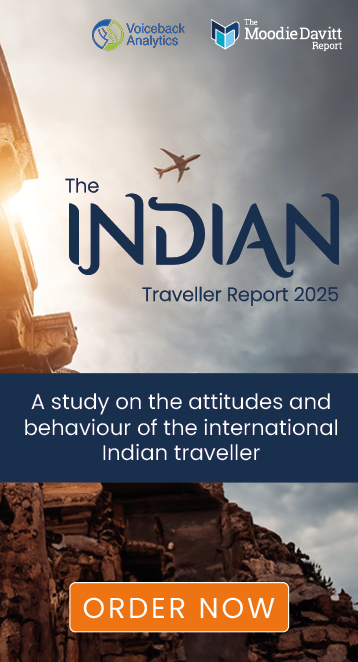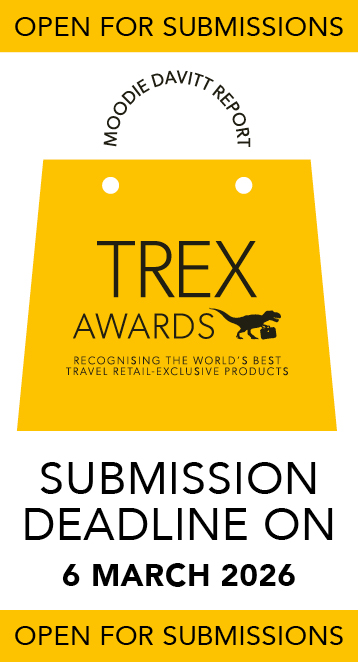Most airports have rightly been focusing their efforts on the safety of their passengers and measures such as COVID testing and ensuring physical social distancing for their travellers. But a recent audit of the world’s top 250 airports, undertaken by Airport Dimensions, paints a very mixed picture of airport preparedness for a new digital, mobile relationship with consumers.
This relationship has clearly become second nature to travellers, who have spent the past year under lockdown, ordering everything from food to entertainment from their armchair, on their phones.
With notable exceptions, including Heathrow, Singapore Changi, Dublin and Auckland, making investments in this area, overall only 6% of the world’s top airports can currently deliver a fully joined-up traveller experience across the airport, Airport Dimensions found

While, more encouragingly, 40% of airports now offer some form of ecommerce service, often this is highly fragmented in nature and operated on an individual concession-by-concession basis. Only 15% of airports have taken steps to integrate these programmes into a joined-up single basket, making the experience frictionless and facilitating bundling of services in ways that are more attractive to travellers and driving increased sales.

Changi Airport led the way in this area with a perfect 10 out of 10 in the audit. The perfect rating reflected the Singaporean gateway’s approach to integrated traveller engagement, communication, loyalty management and ecommerce integration.
Regionally, European airports set the bar, with an average overall scorecard of 3.6 (out of 10) followed by APAC and Middle East, both on 2.3, and the Americas trailing at 1.8. Among the world’s largest airports (over 50 million passengers annually) APAC faired best with an overall score of 3.9, boosted by major global hubs such as Changi, Bangkok’s Suvarnabhumi and Hong Kong.
While the importance of customer loyalty is well recognised across the travel industry, and considered a hygiene factor for travellers, only a small number of airports have successfully embraced this – with only a fifth of airports looking to formally engage travellers in a relationship.
A mere 8% of airports have launched reward propositions and only 4% offer new subscription loyalty propositions, a concept that has taken hold outside the airports business. While some larger global hubs have made progress on loyalty, it is often mid-sized airports such as Dublin and Auckland that are leading innovation in this area.
Airport Dimensions Global Strategy Director Stephen Hay commented, “With digital relationships now so fully integrated across our business and personal lives and setting minimum consumer expectations, it is clear that many airports have some catching up to do.
“Airport Dimensions supports airports to integrate the relationship across the journey and the airport. Our Connecta platform is an e-commerce and relationship management platform offering airports a fast and future-proofed approach to engaging travellers and shaping performance on the airport journey.”
Note: The Moodie Davitt and Airport Dimensions are this week proudly launching the Airport Consumer Experience newsletter, sent on a complimentary basis to our entire readership. The newsletter will feature a diverse array of stories related to various aspects of the airport consumer experience, from lounges to health, safety & wellness; relationship management to airport services; landside connections to commerce to culture.
To subscribe free of charge please email Cina@MoodieDavittReport.com headed ‘Airport Customer Experience’. All stories are permanently archived on the Airport Customer Experience page on this website.
















